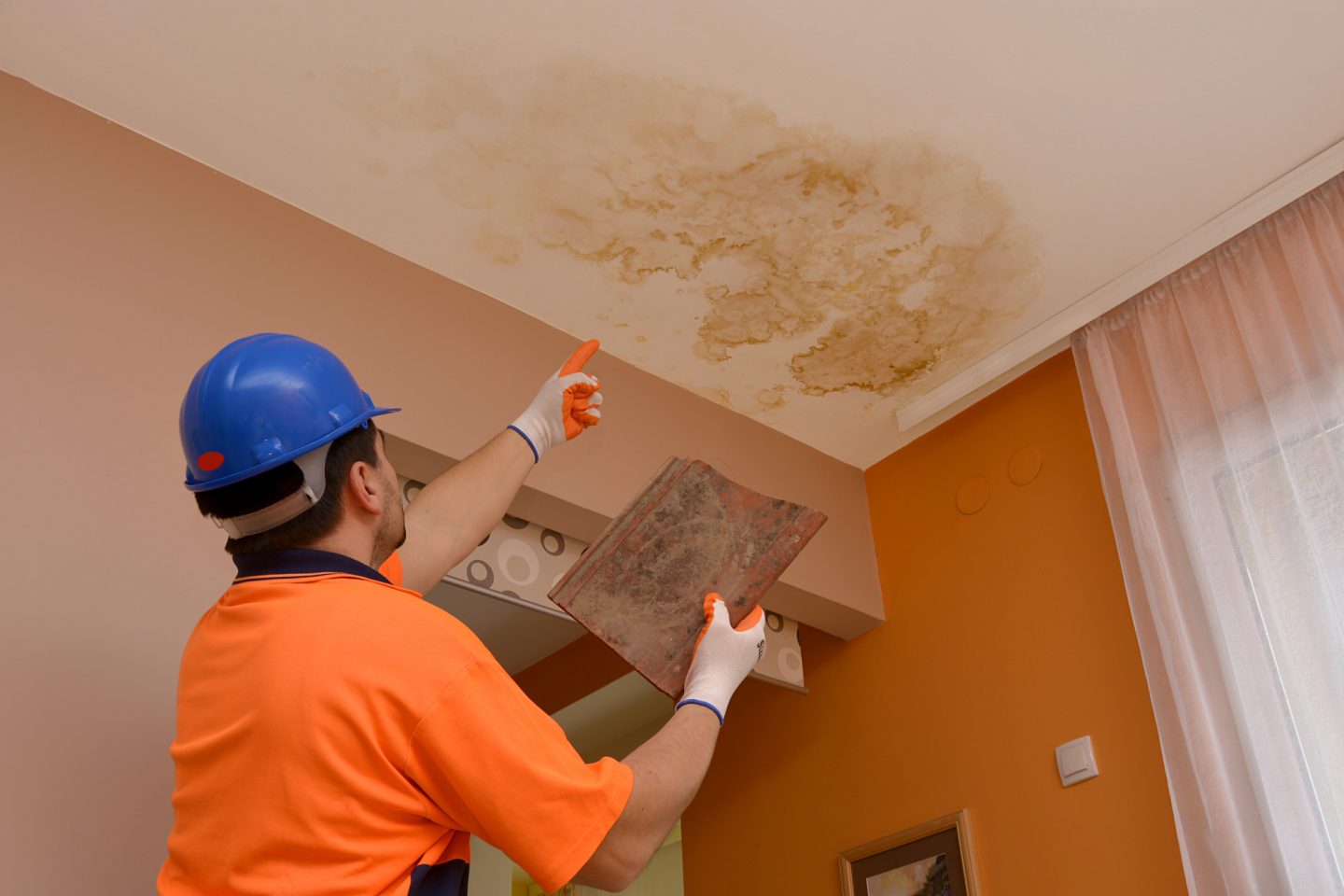
Water leaks are a common issue in multi-story buildings, causing significant damage to the property and inconvenience to the residents. In most cases, these leaks can result in costly repairs and even pose a risk to the building’s structural integrity. It is essential for building owners and managers to be aware of the most common types of water leaks and how to handle them effectively.
In this blog, we will discuss four common water leaks in multi-story buildings and offer practical solutions for addressing these issues.
1. Roof Leaks
Roof leaks are perhaps the most common and easily identifiable type of water leak in multi-story buildings. They occur when the roof’s waterproofing membrane or material is damaged, allowing water to penetrate the building structure.
To handle roof leaks, you should:
- Conduct regular inspections of the roof, especially after heavy rains or storms.
- Look for signs of water damage, such as damp spots or mold growth in the ceiling or attic space.
- Repair or replace damaged roofing materials, such as shingles, tiles, or membranes.
- Ensure proper installation of flashings around roof penetrations, such as vents and chimneys.
- Maintain gutter systems to prevent water from overflowing onto the roof.
2. Wet Area Leaks
Wet areas, such as bathrooms, kitchens, and laundry rooms, are prone to water leaks due to the presence of multiple plumbing fixtures and connections. These leaks can cause significant water damage if not detected and resolved quickly.
To handle wet area leaks, you should:
- Inspect plumbing fixtures and connections regularly for signs of wear or damage.
- Repair or replace damaged fixtures or connections as soon as possible.
- Properly seal around sinks, tubs, and showers to prevent water from seeping into walls or floors.
- Install water-resistant materials, such as tiles or waterproof membranes, in wet areas.
- Encourage tenants to report any signs of water leaks or damage immediately.
3. Basement Leaks
Basements are particularly susceptible to water leaks due to their proximity to the ground, making them prone to hydrostatic pressure and water infiltration. These leaks can cause significant damage to the building’s foundation and structural integrity if addressed.
To handle basement leaks, you should:
- Inspect the basement regularly for signs of water infiltration, such as damp walls, mold growth, or a musty smell.
- Check the sump pump for proper operation and maintain it as necessary.
- Install a waterproofing system, such as a membrane or French drain, to prevent water from entering the basement.
- Ensure proper grading around the building to direct water away from the foundation.
- Repair any cracks or damage in the basement walls or floor.
4. Leaking Balconies
Leaking balconies are another common issue in multi-story buildings, as water can penetrate through damaged or improperly installed waterproofing materials. This can lead to water damage in the balcony structure and the adjoining interior spaces.
To handle balcony leaks, you should:
- Inspect balconies regularly for signs of water damage, such as cracked or damaged tiles and peeling paint.
- Ensure proper installation and maintenance of waterproofing materials, such as membranes and sealants.
- Repair or replace damaged balcony railings or balustrades to prevent water from entering the building.
- Ensure proper drainage on the balcony surface to prevent standing water.
- Encourage tenants to report any signs of water leaks or damage immediately.
Final Thoughts
Water leaks in multi-story buildings can be both costly and dangerous if not addressed promptly. By conducting regular inspections, maintaining waterproofing systems, and encouraging tenants to report issues, property managers and building owners can effectively prevent and address water leaks in their buildings. This will not only save money on repairs but also ensure the safety and comfort of the building’s occupants.
For water damage repair in Lancaster, CA, and other key locations, work with us at Restoration Masters. When you hire us, you can expect dependable service, quality workmanship, and certified restoration technicians. Book a consultation with us today for more information!





